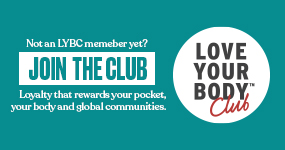ISOLATED NOT ALONE
WE WANT TO COMBAT THE RISE IN DOMESTIC VIOLENCE DURING COVID-19
Much of the world is self-isolating at home right now to stop the spread of COVID-19. Whilst this has an enormous impact on people everywhere, being safe at home with family and loved ones is helping to make the situation bearable. But what happens if home isn’t a safe place? What happens if being with a partner terrifies you?
Many people who are in abusive or violent situations are now trapped at home with their abuser and more isolated than ever. Domestic violence is all about power and control, and in an isolated environment, control is more easily exerted by abusers. In England, 67% of survivors who are currently experiencing abuse shared that it has got worse since Covid-19 and 72% said their abuser has more control over their life*. Unfortunately, it’s sadly a trend that’s being experienced worldwide. We need to do something about it.
Together with global partner NO MORE** and UK partner WOMEN’S AID we want to combat domestic violence with the aim of increasing awareness, inspiring action and fuelling culture change to keep women and girls safe. You can join the fight and show your solidarity by sharing the hashtag #isolatednotalone
*Women’s Aid Survivor Survey, April 2020**NO MORE, a domestic violence and sexual assault organisation
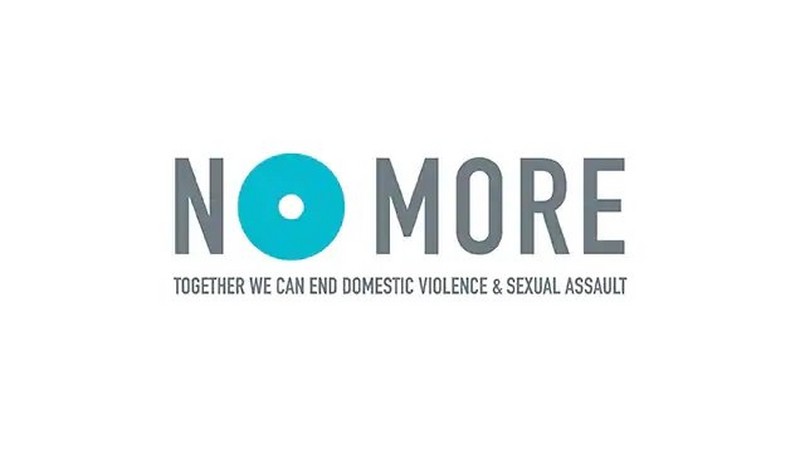
TIME TO REACH OUT
We’ve teamed up NO MORE to offer essential guidance to those in need and ideas on how everyone can help combat the rise in domestic violence during this time. Read below
ADVICE FOR PEOPLE AT RISK OF DOMESTIC VIOLENCE
If you’re in an abusive relationship, know it’s not your fault—now or ever. Everyone deserves to be treated with respect, dignity, and love. Domestic abuse can mean physical harm and bruises, but it’s also verbal and emotional abuse designed to bully, intimidate and degrade. Often it can start with verbal abuse and then escalate to become more violent. If you are experiencing domestic violence, you may be isolated but you do not have to go through it alone.
Finding help and creating a plan to leave,
Keep phone charged and close by: In an abusive relationship, your phone can be your lifeline. Keep your phone charged, on hand at all times, know who to call in case of emergency and turn your location services off.
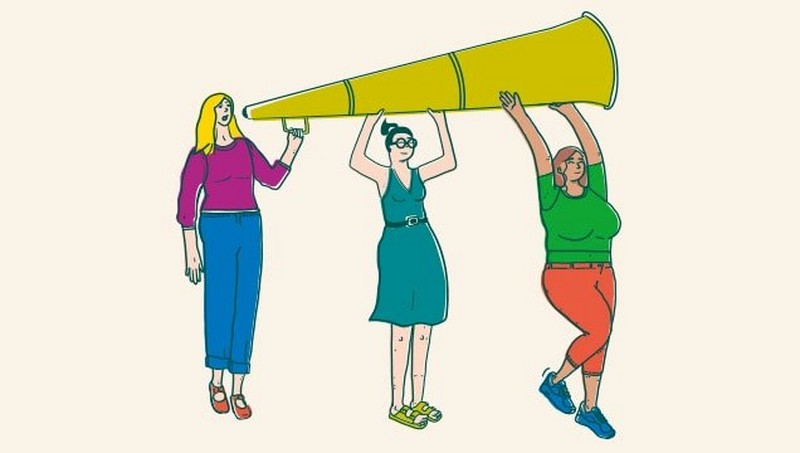
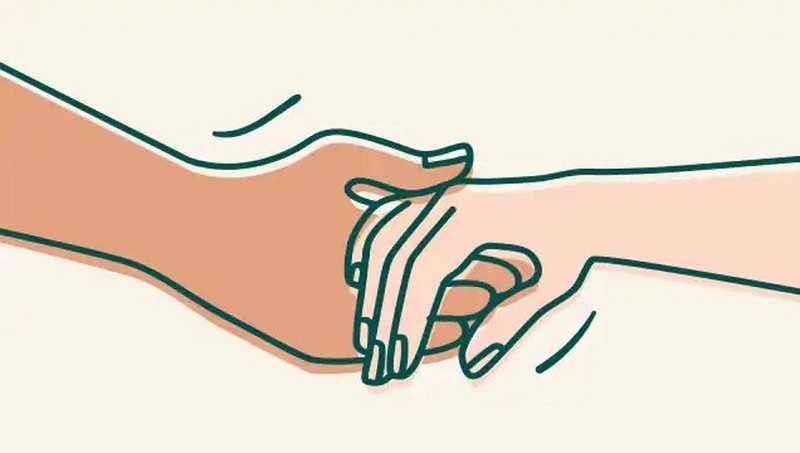
Confide in trusted friends & family: Trusted friends and family can help, even from a distance. Make sure you have a key contact that knows your situation and checks upon you regularly.
Create a SOS code word or sign: Create a code word, phrase or visual signal that can be given to trusted friends to make them aware if you are in danger and need help.
Seek out local support services: Being informed about domestic abuse and available services is key to keeping safe. Even during this COVID-19 crisis, help is still available. If you’re experiencing any type of abuse, find out about supports and services in your community.
Develop a plan: Developing a plan to leave may seem harder at this time of social distancing, but it is still possible. Shelters remain open and family or friends may have extra space where you could stay in quarantine. Decide where you’ll go first, take an emergency number along with you and essential items ready in advance such as a form of ID, a change of clothes, and money if possible and anything else most important to you. Consider updating a trusted family member or friend, and remember to turn location services off on your mobile.
Call emergency services: If you are in immediate danger, contact the emergency services - 999
If you are a domestic abuse survivor looking for help during the Covid-19 pandemic, you can also visit https://www.womensaid.org.uk/covid-19-coronavirus-safety-advice-for-survivors/
or
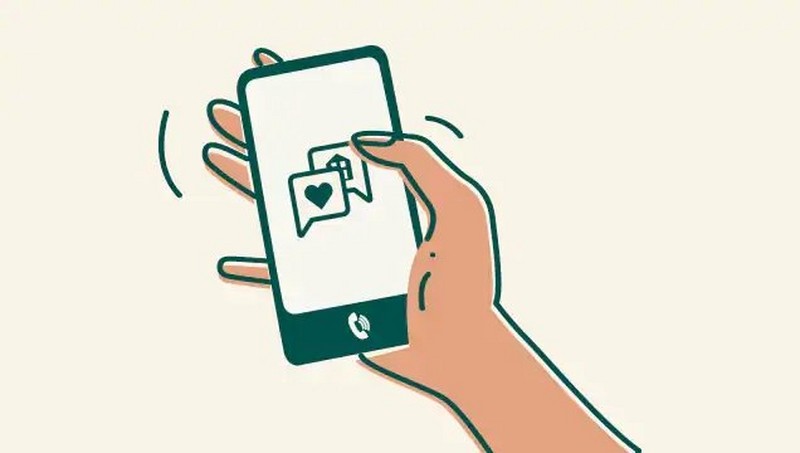
ADVICE FOR THOSE THAT SUSPECT SOMEONE IS EXPERIENCING DOMESTIC VIOLENCE
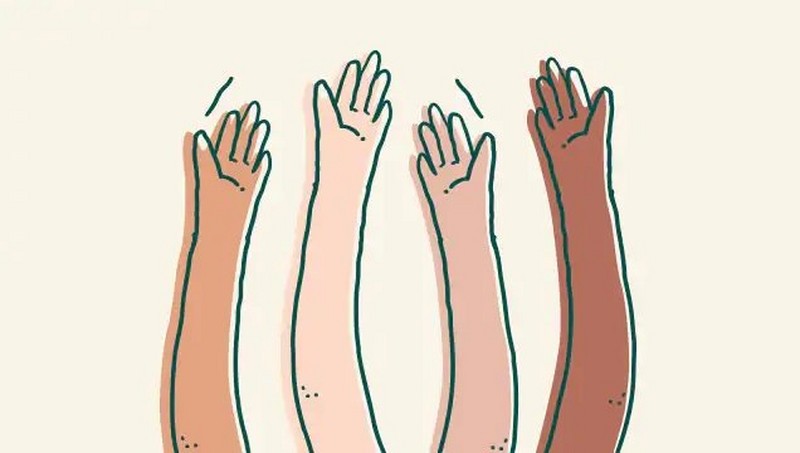
Domestic violence affects 1 in 3 women and 1 in 9 men. Even if you aren’t directly impacted, the chances are high that you have a friend, family member, or co-worker who’s been affected. We can all play a role in looking out for each other and preventing violence.
How you can help,
Recognise the signs: Recognizing the signs of domestic violence is an important first step to taking action to prevent it. Follow your instincts. If a situation feels wrong to you, it probably is. Ask yourself “If I don’t act, could the situation get worse?” IF YES, then determine the best way to intervene. Get more tips here
Seek advice: If you see or hear what you think might be an abusive situation, try to figure out how to intervene safely. But if the situation seems dangerous, don’t handle it yourself. Get help. Learn how here
Establish a SOS code word or sign: If a friend or loved one confides in you that they are in an abusive relationship, create a code word or sign that they can use to let you know if the situation becomes more dangerous and help is needed.
Help them create a plan to leave: Whilst supporting a victim advise them to develop a plan to stay safe that may include knowing where to go if they have to leave, key items to take, money and having emergency numbers for help. More information here
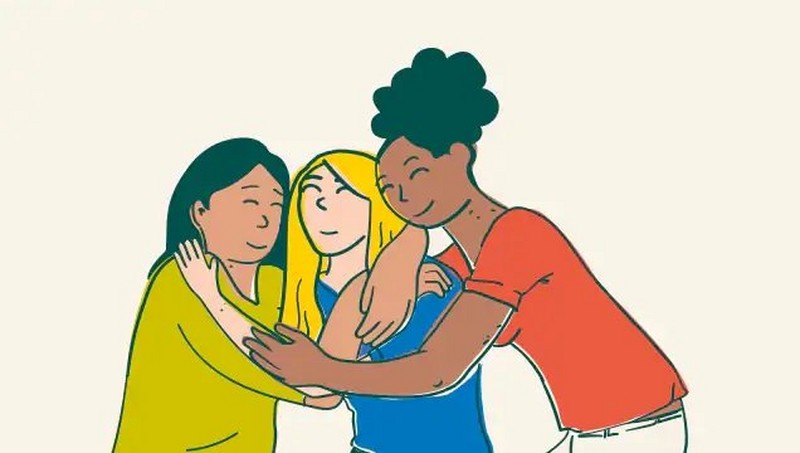

Learn more about healthy and unhealthy relationships: Abuse doesn’t always leave physical bruises. Verbal and emotional abuse is still domestic violence and has a longstanding impact. It can include name-calling, criticizing and demeaning someone in order to frighten, humiliate, and diminish their self worth and sense of safety. Learn more about healthy and unhealthy relationships. More information here
Teach children healthy relationships: You can help prevent domestic violence before it starts by teaching children that relationships should be based on mutual respect, trust, equality, and honesty. Utilise this time when many families are home together to start or continue the conversation. Find out more here
TIME TO GIVE
DONATE YOUR REWARDS
There’s never been a more pertinent time to stand in solidarity with those affected by domestic violence.
If you’re one of our LYBC (Love Your Body™ Club) members, you can choose to donate your loyalty rewards to our charity partners to help in their mission to increase awareness and inspire action.
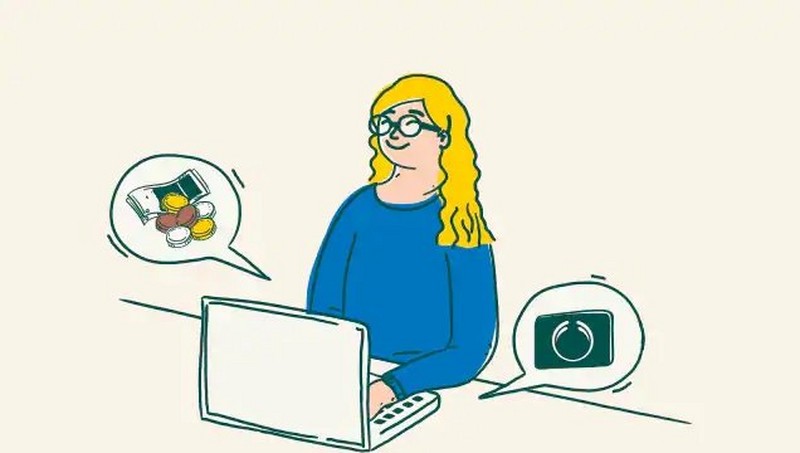
TIME TO ASK
Together we can help combat the rise in domestic violence. Collectively we’ve penned a global open letter to governments, governors, mayors and legislators everywhere, to support the UN Women’s call to prioritise domestic violence survivors at this time. Please read it and ask your local decision-makers what they’re doing to support survivors.
Women’s Aid is the national charity working to end domestic abuse against women and children. The federation consists of nearly 180 organisations which provide just under 300 local lifesaving services across the UK. For those looking to provide support to Women’s Aid and its beneficiaries, you can:
Donate: Donate to the Women’s Aid emergency Live Chat appeal here: www.womensaid.org.uk/urgent-appeal/
Raise Awareness: Raise public awareness about domestic violence – the more it’s spoken about in society the less this hidden abuse will live in the shadows. Follow Women’s Aid on Twitter @womensaid and share their posts
Help fundraise: Provide fundraising support by taking part in challenges during lockdown. More details can be found at https://www.justgiving.com/campaign/supportsurvivors/
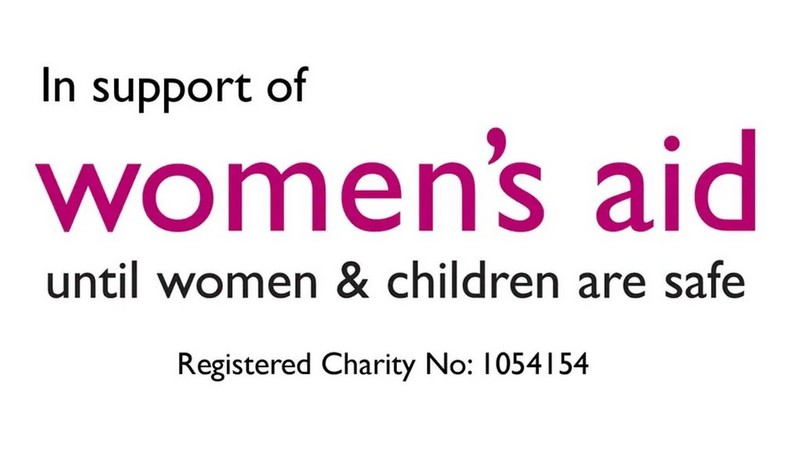
Share this important message and join the fight to help end domestic violence #IsolatedNotAlone
The Body Shop does not provide emergency service of any kind including; crises intervention, counselling, housing, legal or financial assistance.















